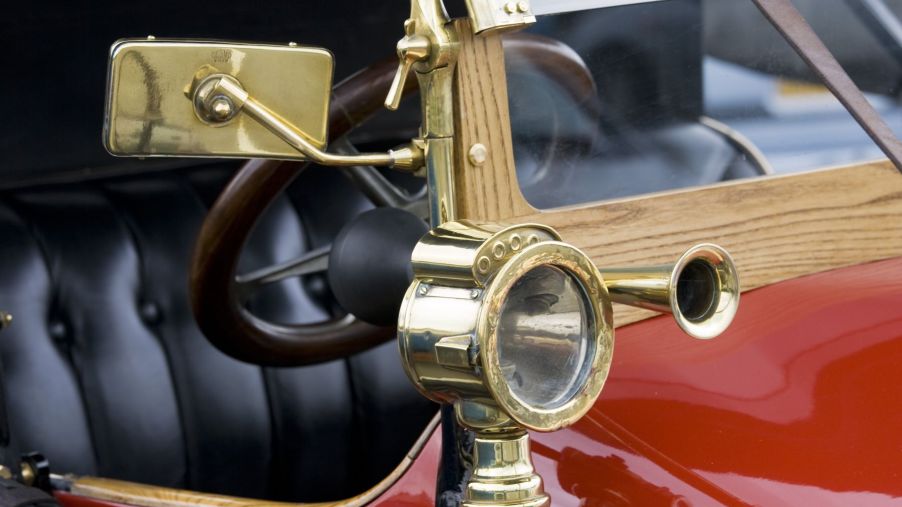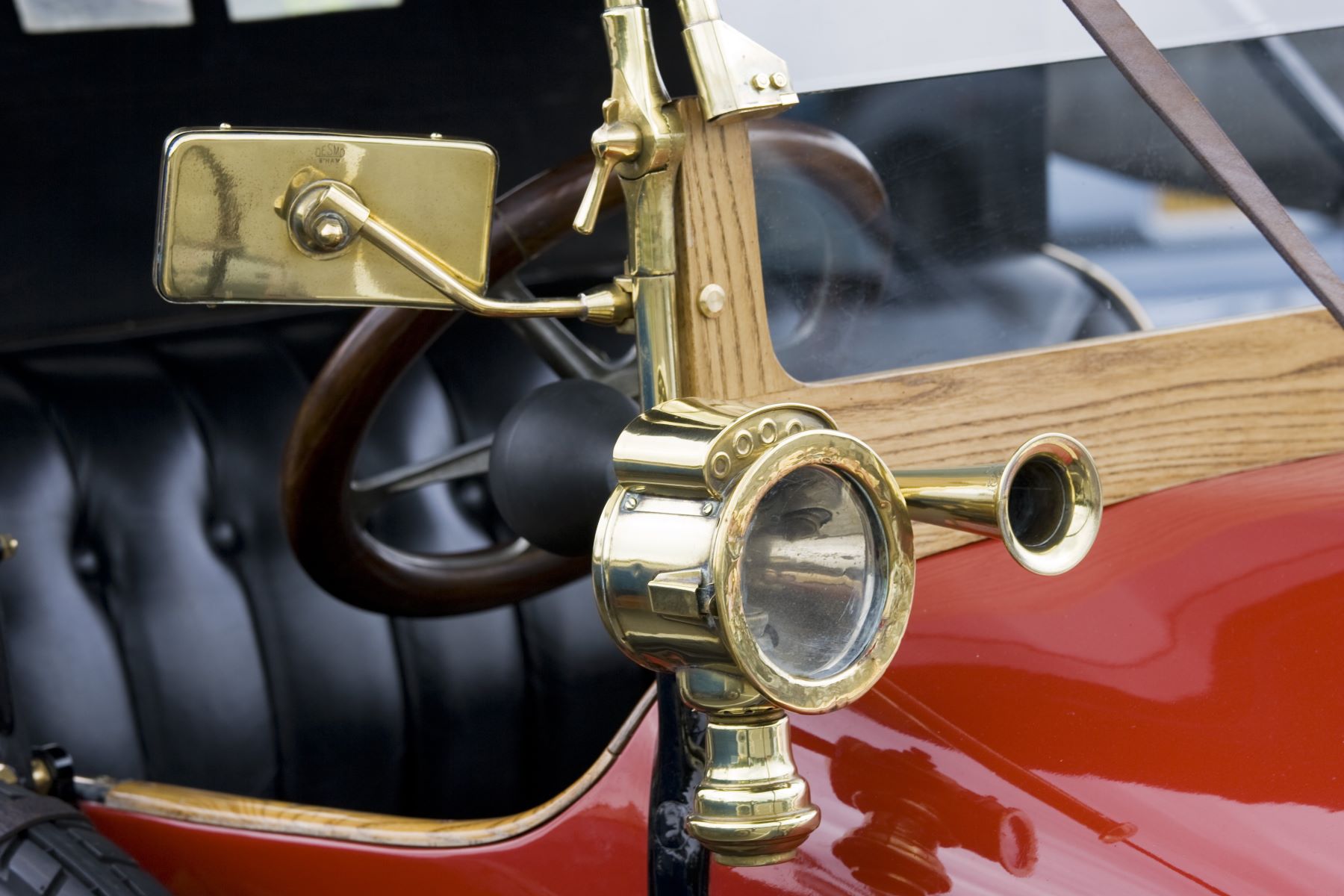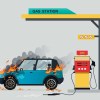
Is Honking Your Car Horn a First Amendment Right?
Many drivers consider their cars an extension of themselves and their personalities. That’s why it’s not terribly uncommon for drivers to drop thousands of dollars on custom paint jobs or other body modifications. With a bit of mechanical expertise, you can even add custom horn sounds to your car. However, horns are, first and foremost, a car safety issue.
Most of us don’t appreciate excessive car horn blaring, but it’s hard to control the actions of other drivers. In fact, some people would even say that limiting how much one can honk infringes on free speech. What do the courts have to say about honking your car horn and the First Amendment?
Why do we have car horns in the first place?

According to AAA, the first Klaxon car horn was introduced in the early 1900s. Back in those days, it was considered polite to fire off an “ahooga” at pedestrians and other drivers. Still, just like today, it was primarily installed as a safety feature.
Car horn units are located under the hood, usually behind the grille or the front firewall. When you press down on the horn at the wheel, it sends electric currents into a metal diaphragm. The vibrations caused by this diaphragm can produce between 100-110 decibels.
Eventually, the Klaxon was swapped out for electric car horns in the 1930s. Since then, the car horn has received minimal upgrades, though mostly just material swaps.
Is honking protected under the First Amendment?
In most cases, judges won’t recognize honking your horn as exercising your First Amendment rights. In 1985, one driver claimed that he was allowed to repeatedly honk in traffic because it was his right of expressive conduct.
According to the First Amendment Encyclopedia, New York law states that he only should have been honking his horn if he was in danger. In order to violate the First Amendment, something must restrict the viewpoint or content of an individual. New York’s law to reduce noise pollution and traffic noise does neither.
Another driver, Lori Compas, contested that she was allowed to honk her horn as much as she pleased because it was in protest. She thought that a parking lot for recreational vehicles had no place in a national park, so she used her horn to express that. The judge argued that honking your horn to express displeasure at something is not the kind of protest protected by the Constitution.
One Oregon court argued that banning horn honking could be seen as restricting free expression. The court made the case that using your horn to sound off a friendly greeting shouldn’t be illegal. Such a harmless act is one thing, but breaking another law or causing a public disturbance with your honking is another.
Other rules you should know about honking your car horn
In many cities, it’s illegal to honk your horn unless you or another driver is in immediate danger. You know those quick, “happy” beeps you might make when passing a friend on the road or at a stoplight? An officer might give you a ticket for that, possibly costing a few hundred dollars.
It might seem harsh, but beeping your horn at a friend encourages your friend to honk back. Other drivers probably don’t appreciate getting stuck in the middle of a screeching conversation between two vehicles. At that point, you’re both disrupting traffic and possibly disturbing the peace.
Likewise, you shouldn’t honk your horn just because someone is making you angry. Obviously, a quick honk before someone cuts you off can prevent injury to everyone. However, if someone’s music is too loud or you spy an ugly bumper sticker, it’s better to look the other way.
Unrestrained car horns aren’t just annoying: they’re also not that great for your ears. Any excessive noise louder than 70 decibels can cause hearing damage over a long period of time.
The bottom line is that we’re not in the 20th century anymore. Unless you live in another country with more pedestrian traffic, most drivers won’t appreciate excessive honking on their morning commutes. Free speech is obviously important, but there’s more value in using our voices (and honks) for constructive purposes.


